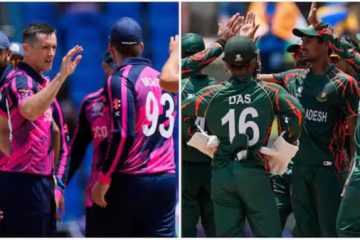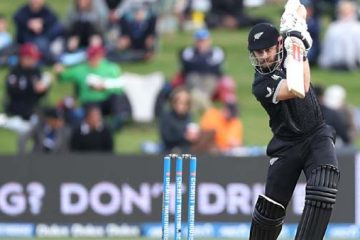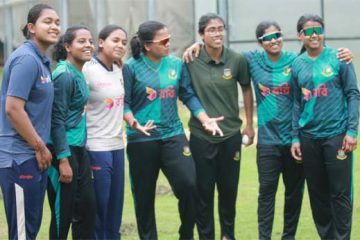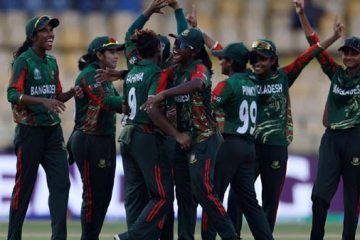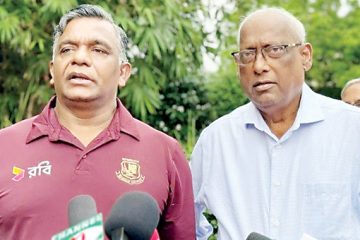The number of reviews available for a team in a Test innings will be topped-up to two after 80 overs in an innings. The system will be trialed from October 1, 2013 in all Tests where the Decision Review System is available, the ICC announced on Wednesday in Dubai after its Chief Executives’ Meeting. Currently, a team is allowed up to two unsuccessful reviews for the entire duration of the innings. Under the new system, it will have two reviews – irrespective of how many it has used up – after the 80th over of the same innings.
The other notable decision taken at the meeting centered around ODI playing conditions. The ICC has retained – after hearing arguments from both sides – the rule stipulating two new balls to be used from either end but, for an ODI reduced to 25 overs or less at the start of an innings, only one new ball will be used per innings. This will also come into effect from October 1, 2013.
The CEC has asked the ICC Cricket Committee to look into the development of a ball that can last the full 50 overs of an innings whilst still providing a fair balance between bat and ball.
The existing two-ball rule came into force from October 2011 after the ICC Cricket Committee recommended it. However, all four Asian countries believe such a rule has proved to be deterrent to their slow bowlers, who play an integral part in the team structure. Not just India, a team like Sri Lanka is heavily reliant on its slow bowlers and is opposed to the two-ball rule only because the hard ball does not allow the spinner to grip the seam properly. The topic of DRS was expected to dominate the discussions during the two-day meeting, after the system came under fire during the recent Ashes series in England. The CEC reviewed the performance of the DRS during the series and received an update on a technology trial that was conducted during the Old Trafford Test. A paper produced by the Australia and England cricket boards was also discussed.
The CEC has proposed that a Working Group be formed to consider how the ICC should best use technology in umpire decision-making in the future, apart from the top-up recommendation. The effectiveness of the Real-time Snickometer, used to detect faint edges, was also discussed and an independent assessment of this technology will also be conducted before it is included in the list of DRS approved technologies.
Regarding over-rates, the CEC approved the umpires’ intention to become stricter on poor over-rates and time wasting and to maximise playing time in safe playing conditions.
The ICC also confirmed that the launch of the World Test Championship will take place in Dubai in October, coinciding with the start of the Pakistan-South Africa Test series.
-With New Age input





